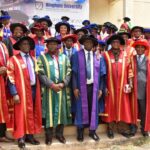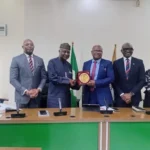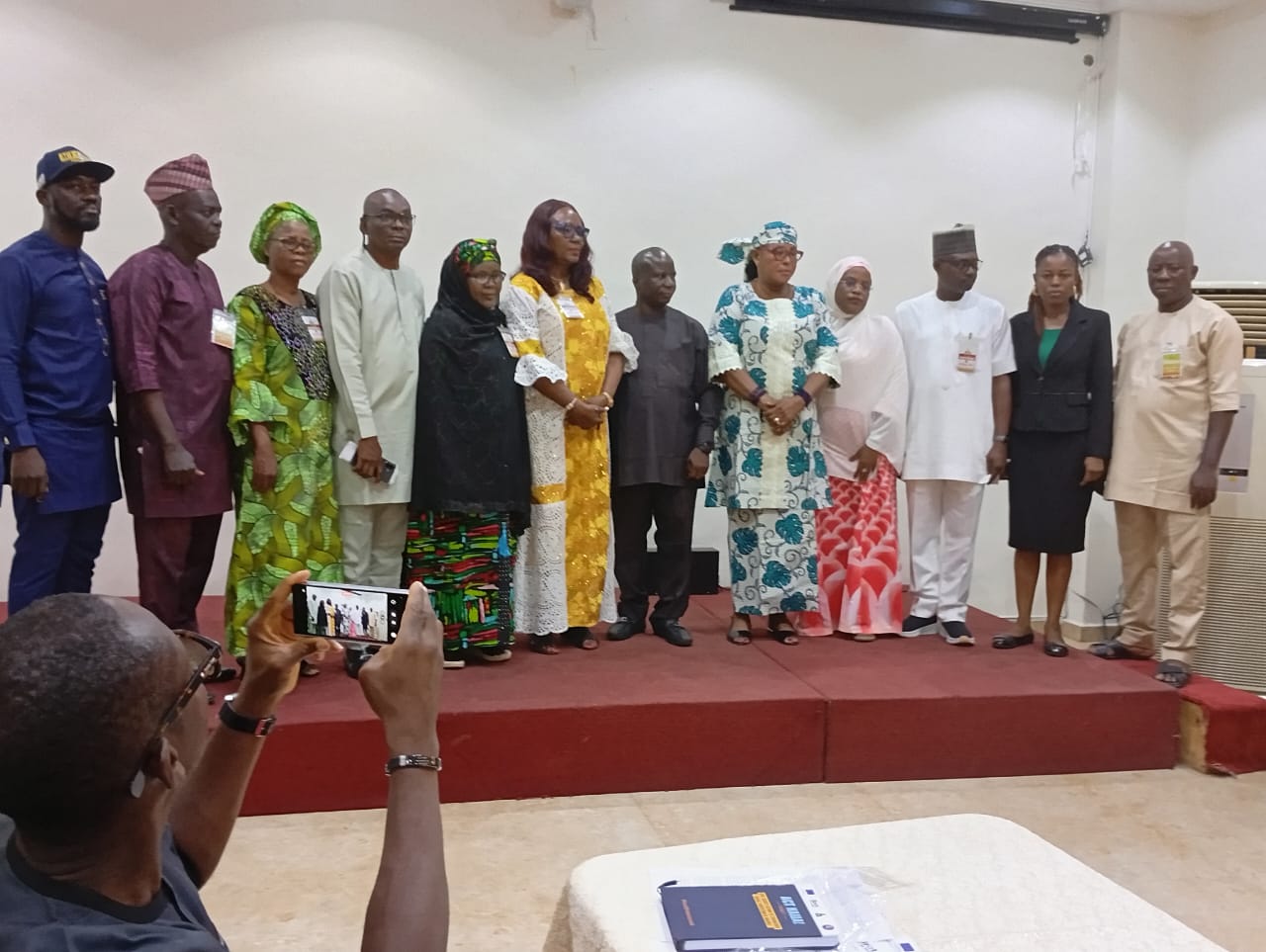By Perpetua Onuegbu
The Federal Ministry of Humanitarian Affairs and Poverty Reduction (FMHAPR) says 5.5 million out of 19.78 million captured in the verified National Social Register as vulnerable households for the cash transfer scheme have benefitted from the programme.
Dr Bernard Doro, Minister of FMHAPR, disclosed this at the inauguration of the Act Naija Project National Steering Committee, a civil society action to strengthen social protection in Nigeria, in Abuja.
Doro said this is one of the major strides in strengthening Nigeria’s social protection architecture and government’s commitment to reducing poverty and safeguarding vulnerable citizens under the Renewed Hope Agenda.
According to him, this is part of the update on the social protection policy under the ongoing social programmes, such as Conditional Cash Transfers, the Grant for Vulnerable Groups, N-Power, GEEP.
“Others are the Home-Grown School Feeding Programme and the National Social Safety-Net Coordination.’’
The minister said, “While microcredit schemes have supported more than 5 million Nigerians, especially women and young people across all 774 local government areas, consultations are ongoing to review and update the National Social Protection Policy (NSPP).
“This is to reflect current socio-economic realities and harmonise social interventions across Ministries, Departments, and Agencies.
“Zonal consultations have already been completed in the South-West, North-Central, North-West and North-East, while the South-East and South-South consultations are due for completion before the end of November.”
Doro further said that due to FG’s commitment to expand economic opportunities for young people, the ministry recently concluded its Skill-2-Wealth Programme for unemployed youths across all six geopolitical zones.
He said that the initiative provided training in solar panel installation and maintenance, agriculture (including greenhouse farming) and automobile technology in partnership with GAC Motors.
“Further, FMHAPR is collaborating with development partners to strengthen Nigeria’s shock-responsive and adaptive social protection systems.
“A draft Shock Responsive Social Protection (SRSP) Standard Operating Procedure, developed in partnership with the World Food Programme, is currently under stakeholder review.
“Once adopted, it will guide coordinated responses to emergencies such as pandemics, displacement, climate shocks and other crises,” Doro said.
The minister said government remains committed to building “a coordinated, accountable and resilient social protection system” that ensures vulnerable Nigerians are supported and protected, while advancing regional efforts across West Africa.
Doro said the Naija Project aligns with the Renewed Hope Agenda, aiming to empower vulnerable households, ensure transparency, and deliver measurable impact through effective social protection.
“This committee has a critical role in providing strategic guidance, harmonising efforts across government, civil society, donors and ensuring accountability and collaboration at all levels.
“I urge all members to serve with dedication, professionalism and integrity to improve lives and strengthen public trust.”
On his part, Rev. David Ugolor, Executive Director, African Network for Environmental and Economic Justice (ANEEJ), who spoke on behalf of the consortium partners of the Act Naija Project, said the event marked a significant milestone in social protection system in the country.
“We recognise that social protection remains a key instrument for breaking the cycle of poverty, promoting human dignity and fostering inclusive growth.
“However, its success depends on effective coordination among all stakeholders: government, civil society, private sector and development partners.
“The National Steering Committee we inaugurated today is therefore an essential mechanism for aligning policy, practice and partnership toward achieving sustainable outcomes.”
Also speaking, the Deputy Executive Director, ANEEJ, Mr Leo Atakpu while giving a report on a baseline study on the organisation’s findings on social intervention, said the study assessed existing interventions, institutional capacity, coordination mechanisms and coverage of the venerable population.
The project worked with some states and the FCT. The states, according to him, are Borno, Delta, Ekiti, Enugu, Kogi, Ondo and Osun States.
He said all the states shared common challenges which included absence of disaggregated data, low citizens awareness, insufficient digital targeting systems amongst other challenges, adding that the committee would go a long way in making government efforts effective.
The News Agency of Nigeria (NAN) reports that the steering committee members were selected from the six states that were assessed.
NAN also reports that the consortium of partners includes Bread for the World (Germany), New Initiative for Sustainable Development (NSID) and ANEEJ. (NAN)(www.nannews.ng)
Edited by Francis Onyeukwu











